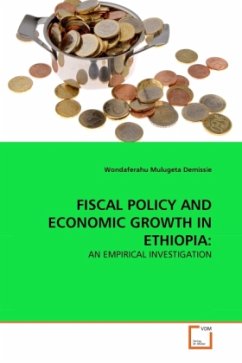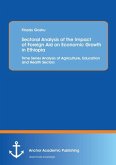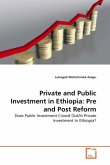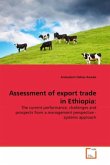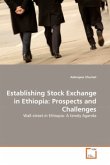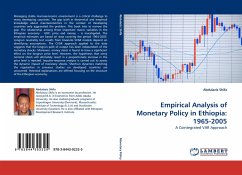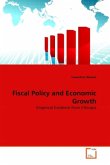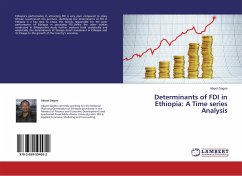The role of fiscal policy in the long-run growth process has been central in macroeconomics especially since the appearance of endogenous growth models. This study decomposes government revenue and government expenditure into various broad categories and then estimates the impact of each of them on economic growth for Ethiopia using 1960/61-1999/2000 annual data. The study adopts Cointegration tests to estimate the long run parameters, while ECM in the short run. The main findings of the study include: a) direct tax depresses growth significantly; b) indirect domestic tax has significant growth enhancing effect; c) government recurrent expenditures has significant expansionary effect in the long run but contractionary in the short run; d) the impact of capital expenditure on growth is positive but insignificant in the long run; e) budget deficit has significant negative effect in the long run and positive effect in the short run. Therefore, the country needs effective macroeconomic policy that maintains direct tax to growth maximizing level, enhances the productivity of capital expenditure, and maintain budget deficit at a sustainable level in the long run.

